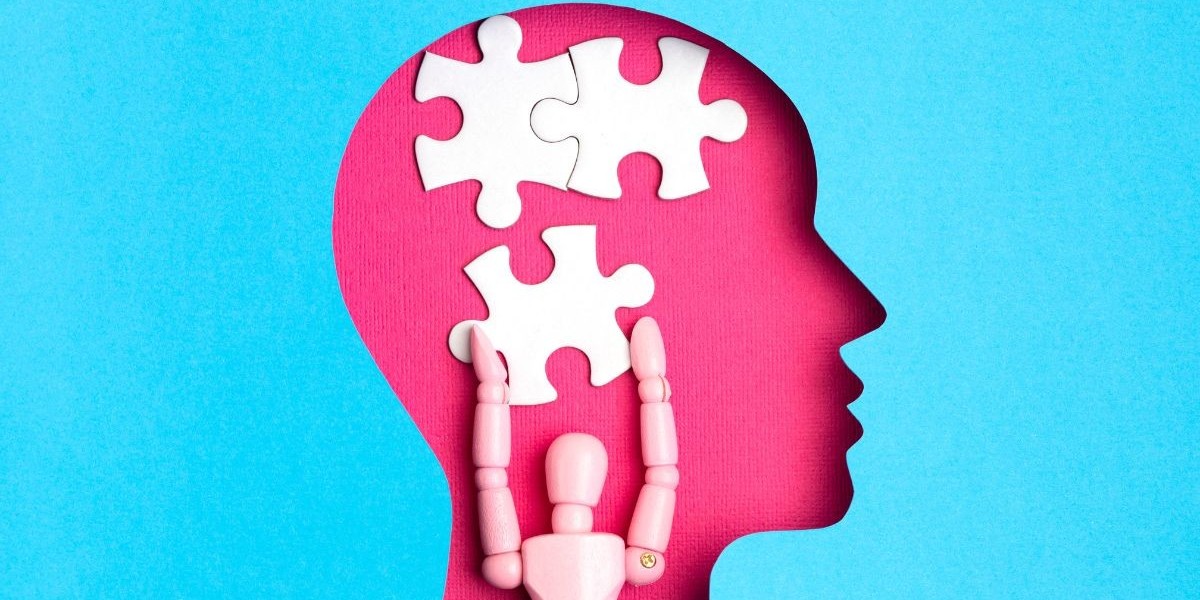Attention Deficit Hyperactivity Disorder (ADHD) is a neurodevelopmental disorder that affects millions of people, both children and adults, worldwide. Characterized by symptoms such as inattention, hyperactivity, and impulsivity, ADHD can significantly impact one's daily life, academic performance, and relationships. While traditional treatments like medication and therapy have proven effective for many, an emerging field of interest centers around nootropics, often referred to as "brain pills." This article explores the potential of nootropics as complementary treatments for ADHD, delving into their mechanisms, effectiveness, and considerations for use.
Understanding ADHD: A Brief Overview
ADHD is a complex condition, and its exact cause remains a topic of ongoing research. However, it is widely accepted that a combination of genetic, neurological, and environmental factors contribute to its development. The primary symptoms of ADHD include:
Inattention: Difficulty focusing on tasks, making careless mistakes, forgetfulness, and being easily distracted.
Hyperactivity: Restlessness, excessive talking, and an inability to stay seated.
Impulsivity: Acting without thinking, interrupting others, and difficulty waiting one's turn.
The standard treatment for ADHD often includes prescription medications like stimulants (e.g., methylphenidate and amphetamine-based drugs) and non-stimulant options (e.g., atomoxetine and guanfacine). These medications can be highly effective in managing symptoms, but they may also come with side effects, concerns about dependence, and individual variability in response.
What Are Nootropics?
Nootropics, often referred to as "smart drugs" or "brain pills," are substances that aim to enhance cognitive function, memory, creativity, and motivation. They come in various forms, including natural compounds, synthetic drugs, and dietary supplements. Nootropics work through a variety of mechanisms, such as increasing neurotransmitter levels, improving cerebral blood flow, and enhancing neuroplasticity. Some of the most commonly used nootropics include:
L-Theanine and Caffeine: This combination is known for its ability to improve focus and alertness without the jitteriness associated with caffeine alone.
Piracetam: One of the original nootropics, piracetam is believed to enhance memory and cognitive function.
Modafinil: A wakefulness-promoting agent, modafinil is used to combat sleepiness and fatigue and can enhance productivity.
Omega-3 Fatty Acids: Found in fish oil supplements, omega-3s have been linked to improved cognitive function and mental clarity.
The Potential Role of Nootropics in ADHD
While nootropics are not a first-line treatment for ADHD, they have garnered attention as potential complementary therapies due to their cognitive-enhancing properties. Here are several nootropics that have shown promise in managing certain ADHD-related symptoms:
L-Theanine and Caffeine: This combination may help individuals with ADHD improve focus and attention. L-Theanine can reduce the jitteriness and anxiety sometimes associated with caffeine, allowing for more sustained attention.
Omega-3 Fatty Acids: Research has suggested that omega-3 supplementation may help alleviate some ADHD symptoms, particularly inattentiveness and impulsivity. Omega-3s are essential for brain health and may play a role in optimizing neural function.
N-Acetyl L-Tyrosine (NALT): NALT is an amino acid that can boost dopamine levels, which is often implicated in ADHD. Some individuals with ADHD may benefit from NALT supplementation to enhance motivation and mental clarity.
Bacopa Monnieri: Bacopa is an herbal nootropic known for its potential to enhance memory and cognitive function. While more research is needed, it may offer some benefits to individuals with ADHD in terms of cognitive enhancement.
Rhodiola Rosea: This adaptogenic herb has been studied for its potential to reduce symptoms of stress and fatigue, which can often accompany ADHD. By reducing stress levels, individuals may find it easier to manage their symptoms.
Considerations and Precautions
Before incorporating nootropics into an ADHD management plan, individuals should consider several important factors:
Consultation with a Healthcare Professional: Always consult with a healthcare provider before starting any new treatment, including nootropics. They can provide guidance, monitor progress, and help identify potential interactions with existing medications.
Individual Response: The effectiveness of nootropics can vary widely among individuals. What works for one person may not work for another, and there is no one-size-fits-all solution.
Safety: While many nootropics are considered safe when used as directed, some can have side effects or interact with other medications. It's crucial to research and choose reputable brands.
Long-Term Use: The long-term safety and efficacy of nootropics are not well-established, particularly for ADHD management. Using them should be part of a comprehensive ADHD treatment plan.
Lifestyle Factors: Nootropics should be seen as part of a holistic approach to managing ADHD. A healthy lifestyle, including proper nutrition, exercise, and adequate sleep, remains essential.
Conclusion
Nootropics, or "brain pills," have gained popularity as potential complementary treatments for ADHD. While they should not replace standard treatments like medication and therapy, some individuals with ADHD may find them helpful in managing certain symptoms, such as inattention and impulsivity. However, it's crucial to approach nootropics with caution, consult with a healthcare professional, and prioritize a holistic approach to ADHD management that includes lifestyle factors and traditional treatments. As research in this area continues, we may gain more insights into the role of nootropics in ADHD care.








